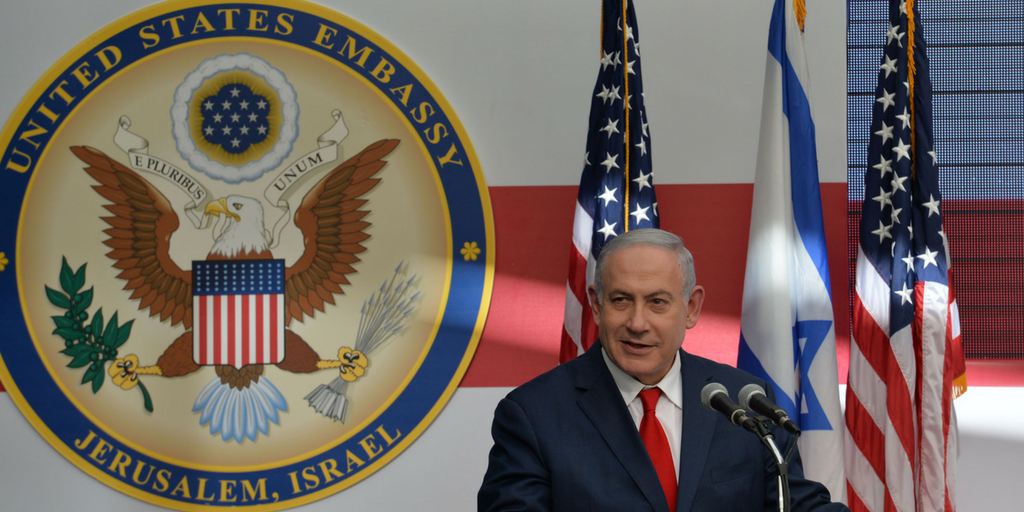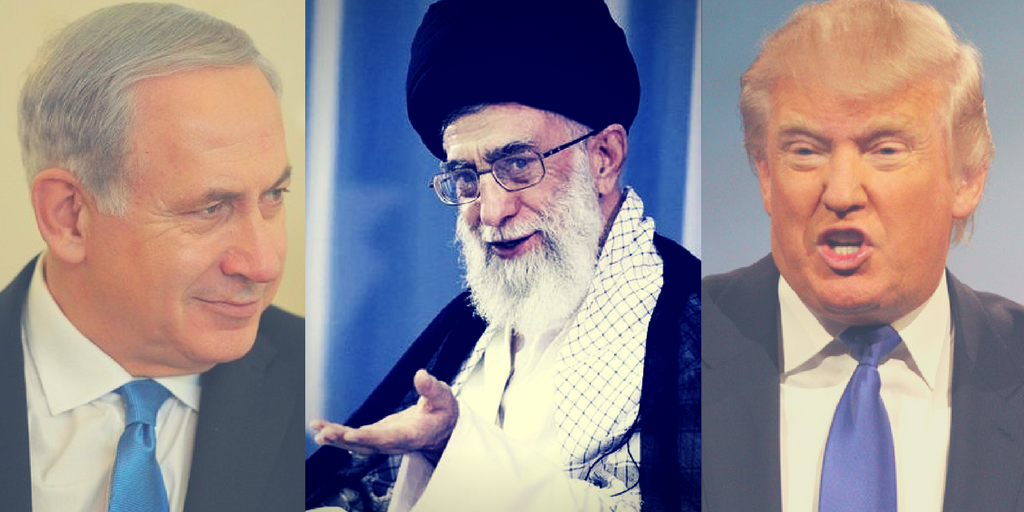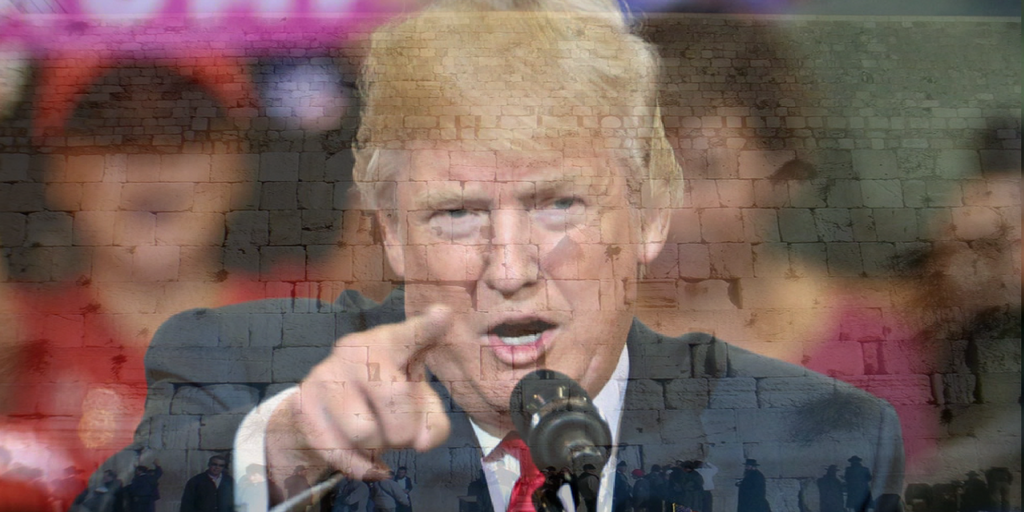Prime Minister Netanyahu said the following words at the US Embassy Dedication in Jerusalem today (14th of May):
“We have no better friends in the world. You stand for Israel and you stand for Jerusalem. Thank you.
Your presence here today is a testament to the importance of this occasion, not only for the Trump administration, but in a very personal way for you. For you, each of you, for the pursuit of peace, and for President Trump himself. Thank you.
Dear friends,
What a glorious day. Remember this moment. This is history. President Trump, by recognizing history, you have made history.
All of us are deeply moved. All of us are deeply grateful.
For me, being here brings back wonderful memories from my childhood. [Hebrew] So, I know some of you didn’t follow every word I said in Hebrew, and I’ll tell you that I spent the first three years of my life in this neighborhood, in Ein Gedi Street in Talpiot, which is not very far away. There were a few charming houses here, many open fields. I remember ambling in these fields with my brother, Yoni. He was six; I was three. He held my hand very tight. We’d walk to this wondrous house of Professor Joseph Klausner, the renowned Jewish historian who was my father’s teacher. I used to peer through the slats of the wooden synagogue where he and the great Israeli writer, Shai Agnon, used to pray on Shabbat. And David, I would approach this place right here, but only so far, because my mother told me, ‘You can’t go any further.’ This was near the border. It was exposed to sniper fire. That was then. This is now, today.
Today, the embassy of the most powerful nation on earth, our greatest ally, the United States of America, today its embassy opened here.
So for me this spot brings back personal memories, but for our people, it evokes profound collective memories of the greatest moments we have known on this City on a Hill.
In Jerusalem, Abraham passed the greatest test of faith and the right to be the father of our nation.
In Jerusalem, King David established our capital three thousand years ago.
In Jerusalem, King Solomon built our Temple, which stood for many centuries.
In Jerusalem, Jewish exiles from Babylon rebuilt the Temple, which stood for many more centuries.
In Jerusalem, the Maccabees rededicated that Temple and restored Jewish sovereignty in this land.
And it was here in Jerusalem some two thousand years later that the soldiers of Israel spoke three immortal words, ‘Har ha’bayit be’yadeinu,’ ‘The Temple Mount is in our hands,’ words that lifted the spirit of the entire nation.
We are in Jerusalem and we are here to stay.
We are here in Jerusalem, protected by the brave soldiers of the army of Israel, led by our Chief of Staff Gadi Eisenkot, and our brave soldiers, our brave soldiers are protecting the borders of Israel as we speak today. We salute them all, and the members of our security forces, the Shin Bet and the Mossad, whose head is with us today. We salute you all, all of you.
Over a century ago, the Balfour Declaration recognized the right of the Jewish people to a national home in this land. And exactly 70 years ago today, President Truman became the first world leader to recognize the newborn Jewish state. Last December, President Trump became the first world leader to recognize Jerusalem as our capital. And today, the United States of America is opening its embassy right here in Jerusalem.
Thank you. Thank you, President Trump, for having the courage to keep your promises. Thank you, President Trump, and thank you all, for making the alliance between America and Israel stronger than ever. And thank you, a special thank you, to you, Ambassador Friedman. Thank you, David, for everything you do to bring our countries and our peoples closer together. Today, you have a special privilege. You are privileged to become the first American ambassador to serve your country in Jerusalem, and this is a distinct honor that will be yours forever. Nobody can be first again.
My friends, this is a great day for Israel. It’s a great day for America. It’s a great day for our fantastic partnership. But I believe it’s also a great day for peace.
I want to thank Jared, Jason and David for your tireless efforts to advance peace, and for your tireless efforts to advance the truth. The truth and peace are interconnected. A peace that is built on lies will crash on the rocks of Middle Eastern reality. You can only build peace on truth, and the truth is that Jerusalem has been and will always be the capital of the Jewish people, the capital of the Jewish state. Truth, peace and justice – as our Supreme Court Justice here. Hanan Melcer, can attest – truth, peace and justice, this is what we have and this is what we believe in.
The prophet, Zechariah, declared over 2,500 years ago, ‘So said the Lord, ‘I will return to Zion and I will dwell in the midst of Jerusalem. And Jerusalem shall be called the City of Truth.’
May the opening of this embassy in this city spread the truth far and wide, and may the truth advance a lasting peace between Israel and all our neighbors.
G-d bless the United States of America and G-d bless Jerusalem, the eternal, undivided capital of Israel.
Baruch atah A-donai Elokeinu melekh ha’olam shehecheyanu vekiymanu vehigi’anu lazman hazeh [Blessed are You, Lord our G-d, King of the Universe, who has granted us life, sustained us and enabled us to reach this occasion.]”






